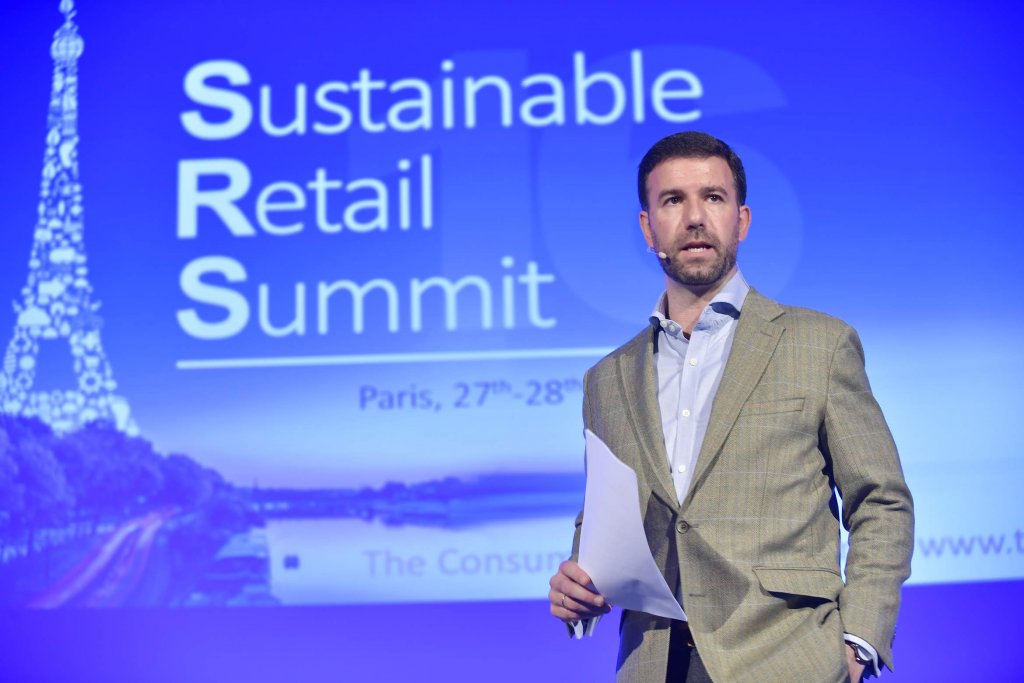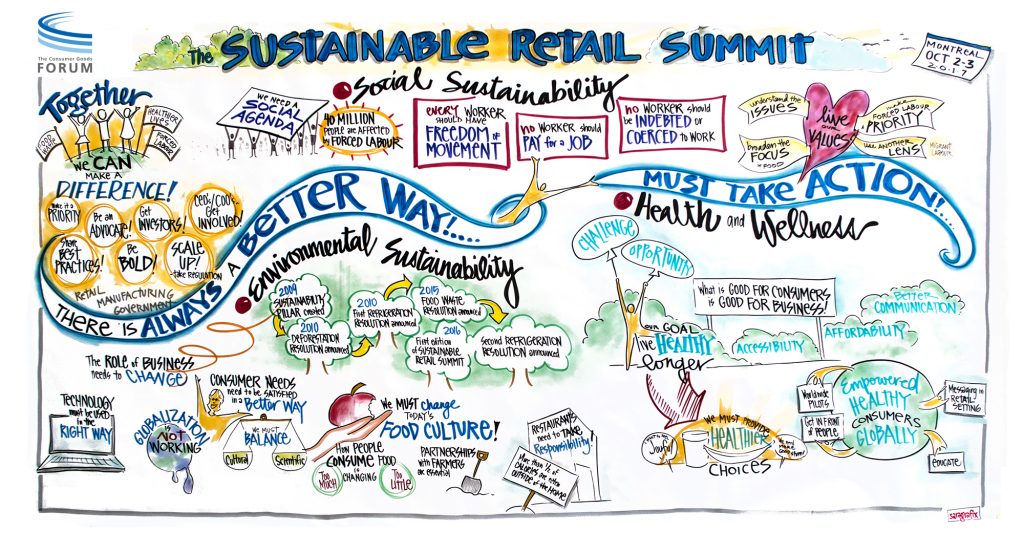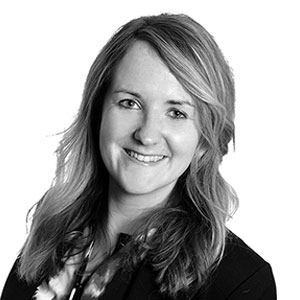The start of a new year is a perfect time for reflection on where we have been and where we’re going. With that in mind, we took the opportunity to sit down with our Director of Environmental Sustainability, Ignacio Gavilan to get his thoughts on the industry, and its achievements and challenges, as we hit the ground running in 2018.

The digital consumer journey continues to amaze me. A key challenge for companies lies in effectively engaging with consumers and influencing their journey on connected devices across multiple touch points, ranging from initial research (including sustainability credentials) to the final purchase decision.
While many consumer goods companies have looked to innovation as a source of growth in recent years, what’s changing is how companies are pursuing innovation. In addition to following traditional new product development cycles, many companies in the consumer goods industry are experimenting with new approaches, such as innovation through crowdsourcing and partnering with consumers, renovation of previously successful products and of course continued focus on “good-for-you” products.
Consumer behaviour and trends are continually shifting and 2018 will be no exception as users become increasingly immersed in the digital world.
2. Which industry achievement in 2017 are you most proud of?
I’m particularly proud of the date labelling harmonisation and simplification initiative in September last year. In a few months we were able to put together a solid proposal, take it to our Board and get unanimous support. There are clear signs of momentum building behind the movement to tackle food loss and waste and there’s clear leadership being demonstrated by the CGF and its member companies on this fundamental issue. I really look forward to seeing progress on this throughout 2018 and beyond.
3. Do you have one piece of advice that you would offer to industry professionals seeking to create change?
Within your leadership team, spend enough time together thinking through the possibilities so that you are able to build your own view of the future.
There are a number of trends starting to transform food and businesses have to adapt, and fast! There has been an explosion of choice when it comes to eating out, and for the first time in many parts of the world consumers are now spending more on eating out than on their weekly grocery shop. Businesses must innovate to survive and with consumer preference shifting towards sustainable products, there has never been a better time to listen to our consumers. Have you heard of the Impossible Burger? It’s a David Chang (of Momofuku in NYC) backed, plant-based burger alternative that tastes identical to real meat.
4. Forest 500’s latest report concludes that the industry is not on target to reach 2020 deforestation goals. What makes you optimistic about businesses’ ability to rise to the challenge?
I am excited about the remaining time until the sunset of our 2020 commitment as I do see more energy and enthusiasm from companies. I believe we need a collective, honest assessment to look at the expected scale of the ‘achievement gap’ in meeting the target, the lessons learned from efforts made since 2010, the barriers that we are still facing and how they can be overcome.
My concern is that while leaders might be able to clean their supply chains and demonstrate deforestation-free sourcing, we might be heading for a two-tier market with no leverage over the laggards.

Many of today’s pressing issues are simply too complex to solve alone. The food and beverage industry is evolving at such a rapid rate, and retailers, distributors, and producers need to rethink their business models and focus on innovation to succeed in this evolving market. We are passionate about the collaboration we foster between retailers and manufacturers, among them ambitious leaders who are up for the challenge, as well as learners; a fascinating dynamic that we get to enjoy on a daily basis. If you’re keen to learn more about how collaboration is driving positive change, feel free to send me a message.
6. What is your biggest concern about our ability to create a more sustainable world?
Although significant progress has been made, the road to change has been slow as we are dealing with a great deal of resistance to change and apathy.
In the private sector for example, corporate social responsibility has been used to try to overcome change resistance to solving these problems. Unfortunately, this strategy has not driven the desired uptake because it is voluntary, does not resolve root causes, and its traditional aim has been to increase profits. This must change! Business must be responsible to society, not only to its shareholders.
7. What are your hopes for the industry in 2018?
I really hope to see an increased role for technology in the industry, including smart grids, smart supply chains and smart transport. We need IT companies to develop tools and software that help address some of today’s sustainability challenges. The good news is that we have a number of companies from the IT sector working with our retailer and manufacturer members.
I hope that the industry will work to improve the cultural divide between those who do and those who don’t: do recycle, don’t eat responsibly; do use plastic bags; don’t drive big cars, do carpool. I hope that retailers will help make the sustainable choice the easy choice.
Also, fake news is on the rise today and we as consumers are tasked with the responsibility of separating fact from fiction. A task at which we usually fail! With so little trust in media, companies, NGOs and governments will increasingly depend on externally assured self-reporting of their sustainability successes and challenges. As stakeholders become disillusioned and distrustful, sustainability reporting must prove itself – real metrics, no green or blue washing, with quantifiable goals. My hope is that 2018 will mean more transparent, fact-based information will be made available.
8. What have you done outside of work to live a more sustainable life? Do you have any New Year’s resolutions in that regard?
I have no real New Year’s resolutions, but in general I do try to live consciously. One of the advantages of living in France is that there are many farmers markets, and this helps you to find fresh produce grown locally, and meet the people who produce your food. Such relationships are opportunities for education: you can learn how your food was grown, when it was harvested, and even how to prepare it. Buying loose produce from the market also means that I avoid generating at least some plastic waste!
I also try to become more self-reliant (i.e., learning how to repair belongings, sewing and trying to find secondary uses for things that would otherwise have been binned). Without going into any extremes, I try to only keep in my life things and activities that I find useful and/or love. The rest is cluttering my space and time. I donate or get rid of everything I don’t need, which is easier said than done… Simplifying gets rid of a lot of garbage (including mental) that you no longer need.

Communications Officer
The Consumer Goods Forum
